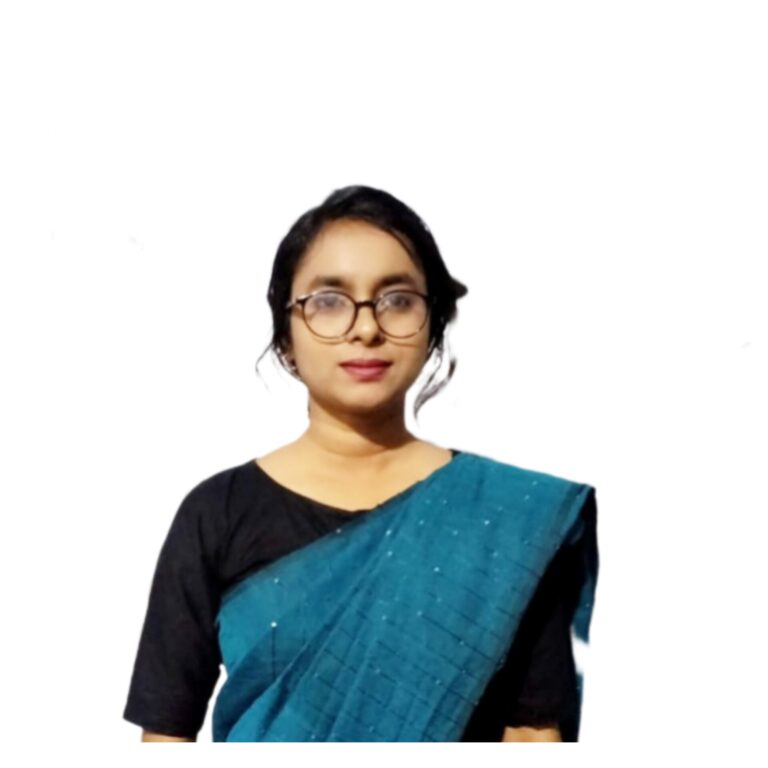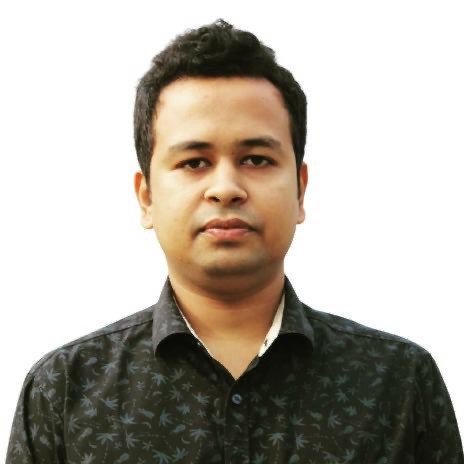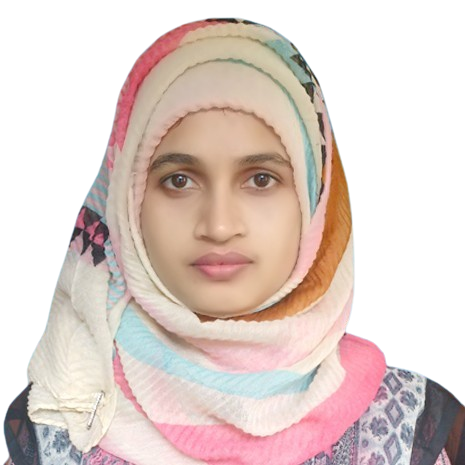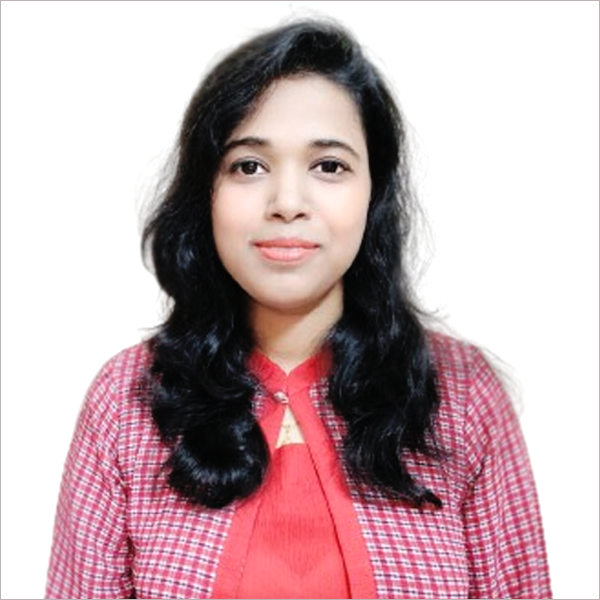Home
OVERVIEW
Welcome to SHAHRIER’s Cognitive and Clinical Psychology (CCPSY) Research Group, a distinguished initiative led by Dr. Mohd. Ashik Shahrier, Professor(Associate) in the Department of Psychology at the University of Rajshahi, Bangladesh. Dr. Shahrier leads this dynamic research consortium, dedicated to pioneering investigations in Cognitive Psychology, Clinical Psychology, and Psychometrics.
Our research endeavors focus on the intricacies of attention, memory & cognition, cognitive behavior therapy, dialectical behavior therapy-based interventions, and the meticulous development & adaptation of psychological tools. We are resilient in our commitment to advancing knowledge and understanding in these critical areas, making substantial contributions to the evolving landscape of psychological sciences.
The CCPSY Research Group is not merely a hub for cutting-edge research but also a nurturing ground for aspiring researchers. Dr. Shahrier’s mentorship extends to supervising over 50 Undergraduate Project Reports, guiding 9 MS Theses, and mentoring 2 PhD candidates.
In summary, SHAHRIER’s Cognitive and Clinical Psychology (CCPSY) Research Group, under the astute leadership of Dr. Mohd. Ashik Shahrier, stands as a beacon of excellence in advancing psychological sciences at the University of Rajshahi. Explore our commitment to innovative research, academic leadership, and mentorship within the dynamic realms of Cognitive and Clinical Psychology
RESEARCH
Effects of Retrieval Practice on Cognitive Categorization and Subsequent Elaborative Processing of Verbal-Spatial Memory
The research explored if integrated verbal-spatial associations in working memory impact hierarchical organization in cognitive processes and knowledge construction activities among young adult learners. Three types of exposure (verbal/spatial/verbal-spatial) and rehearsal strategies (overt retrieval/covert retrieval/restudy) were used. Verbatim recall was better in covert retrieval and restudy groups than overt retrieval with verbal-spatial exposure. For complex tasks of creating hierarchical categories among exposed items, covert and restudy groups with verbal-spatial exposure outperformed the overt retrieval group. Importantly, in the covert retrieval and restudy groups, conscious awareness and restudying, respectively, combined with attention-demanding verbal-spatial exposure, led to richer item connections, enhancing syntactic processing, coherence, and global elaborative processing in learning tasks.
Some specific questions include:
- Do exposure type (verbal/visuospatial/verbal-spatial) and rehearsal strategies (overt/covert/restudy) can induce any effects on factual knowledge-induced verbatim recall of exposed materials?
- Do exposure type (verbal/visuospatial/verbal-spatial) and rehearsal strategies (overt/covert/restudy) have any influence in creating hierarchical categories of learning stimuli?
- Do exposure type and rehearsal strategies can create any variations in syntactic processing and coherence while forming applicability-based proses induced from factual knowledge-induced hierarchically categorized words?
- Do exposure type and rehearsal strategies influence the applicability of factual knowledge reflected through global elaborative processing (i.e., combination of recall, categorization, syntax, and coherence) of exposed materials?

TEAM
PUBLICATIONS
Chung, S., Bang, Y. R., Shahrier, M. A., & Ahn, J. (2025). “Dysfunctional Pandemic Grief Model Among Nursing Professionals Who Experienced Death of Patients” Psychiatric Quarterly
Shahrier, M. A., & Chung, S. (2025). “Smoking Susceptibility and Anti-Smoking Awareness in Adolescents and Young Adults of Bangladesh” Psychiatry Investigation, 22 (3), 293-303.
Kim, S., Shahrier, M. A., & Chung, S. (2025). “Sleep-Related Metacognitive Process, Sleep Effort, and Depression Mediate the Influence of Viral Anxiety on Insomnia Severity” Sleep Medicine Research, 16(1), 42-50.
Shahrier, M.A., Naher, L., Parvin, M. et al. Development and Validation of the Classroom Mindful Attention Regulation Scale (CMARS) for Emerging Adults. Mindfulness (2025).https://doi.org/10.1007/s12671-025-02541-8







